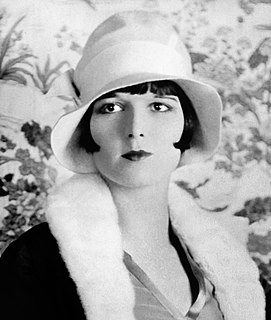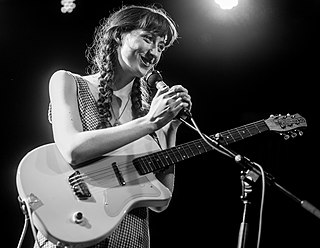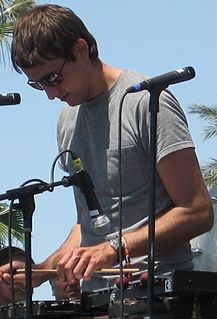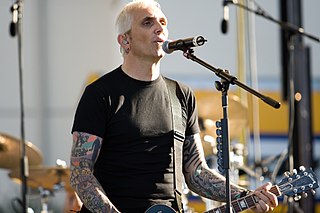A Quote by Rashida Jones
There've been times when I have existential conversations with myself, and I've thought about leaving and trying to apply my education better. But ultimately it doesn't really matter. Learning how to write, learning how to write papers and structure, that's been very helpful for writing.
Related Quotes
For two extraordinary years I have been working on it - learning to write - but mostly learning how to tell the truth. At first it is quite impossible. You make yourself better than anybody, then worse than anybody, and when you finally come to see you are "like" everybody - that is the bitterest blow of all to the ego. But in the end it is only the truth, no matter how ugly or shameful, that is right, that fits together, that makes real people, and strangely enough - beauty.
It used to be that you would go into a writing program and what you would learn was how to write a short story. You would pick up the magazines and you would be taught from the magazines how to write a short story. Nowadays student writers are learning to write novels because that market is gone, so the ones who are drawn to the form are doing it really for reasons of their own and that's really exciting.
It's good for people to be able to see an archive of an artist learning how to write and getting better, especially for teenagers who are starting to write: to see that I started out making pretty easy and weird and bad-sounding music and that you can teach yourself how to write over a long period of time.
I started out as a poet who primarily wanted to write about image and moment. Over the years I've been trying to teach myself how to do plot and scene. My first story collection had the most issues with the plotlessness, and when I was writing my second collection I was teaching myself how to make things happen.
I don't want to write poems that are just really clear about how I'm aware of all the traps involved in writing poetry; I don't want to write fiction that's about the irresponsibility of writing fiction and I've thrown out a lot of writing that I think was ultimately tainted by that kind of self-awareness.




































